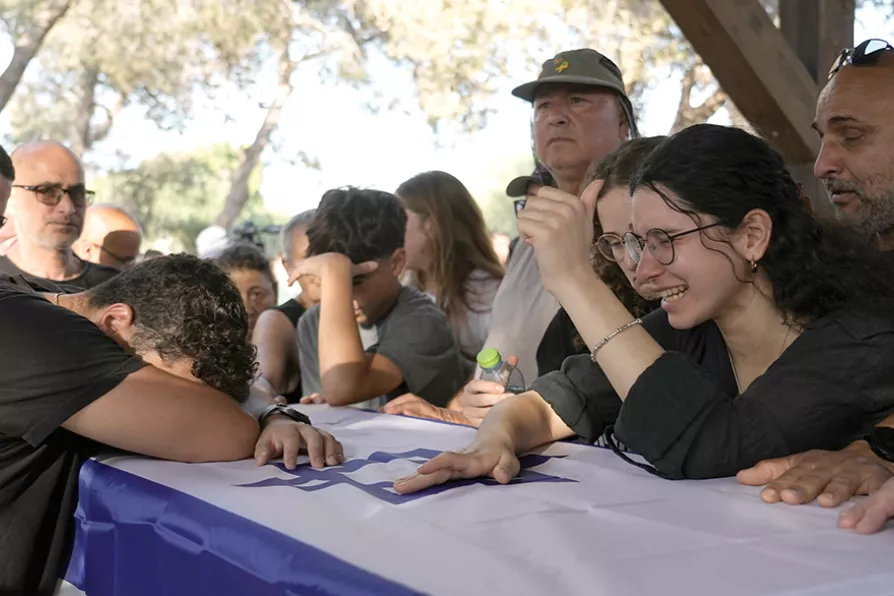John Wojcik pays tribute to a black US activist who spent six decades at the forefront of struggles for voting rights, economic justice and peace – reshaping US politics and inspiring movements worldwide

 AVOIDABLE SORROW: Family members mourn over the coffin of Yoram Metzger during his funeral at a cemetery of the kibbutz Nir Oz, southern Israel on Thursday. Metzger’s body was one the six bodies of hostages recovered by Israel’s military during an operation in the Gaza Strip
AVOIDABLE SORROW: Family members mourn over the coffin of Yoram Metzger during his funeral at a cemetery of the kibbutz Nir Oz, southern Israel on Thursday. Metzger’s body was one the six bodies of hostages recovered by Israel’s military during an operation in the Gaza Strip
THE US negotiators attempting to secure a temporary ceasefire agreement between Israel and Hamas, alongside mediators from Egypt and Qatar, appear to have one goal in mind: to secure the credit for this still elusive but eventual alleged triumph exclusively for the Washington government.
The emphasis on scoring political points over humanitarian priorities has resulted in the mediators presenting what longtime Israeli hostage negotiator and peace activist Gershon Baskin describes as “a very bad deal” that is destined to fail.
“The mediators want the deal more than Israel and Hamas do,” Baskin said in an interview with a US radio programme, Here and Now.

Starmer’s decision to recognise Palestine only as long as Israel continues to massacre its inhabitants has been met with outrage, writes LINDA PENTZ GUNTER












